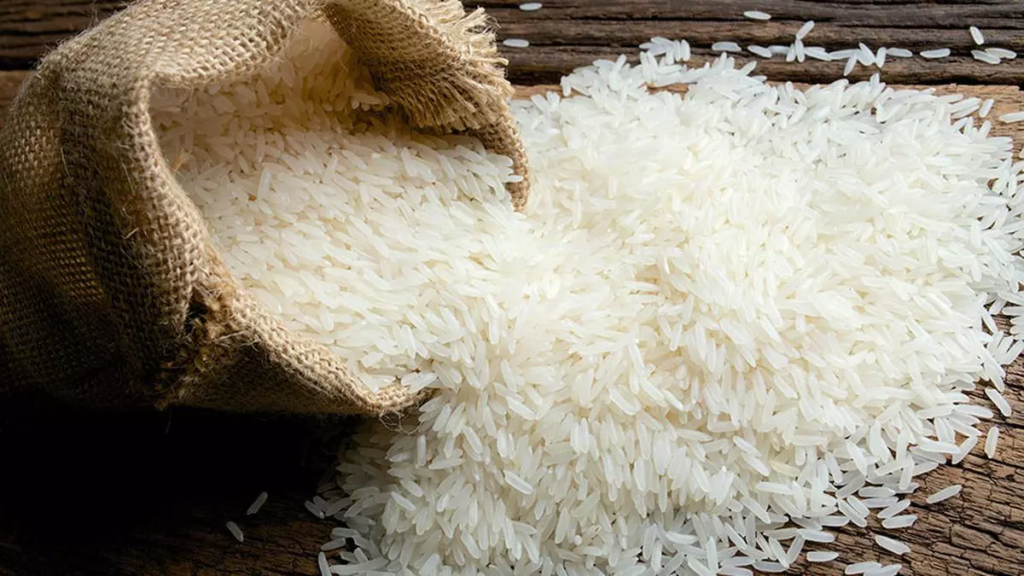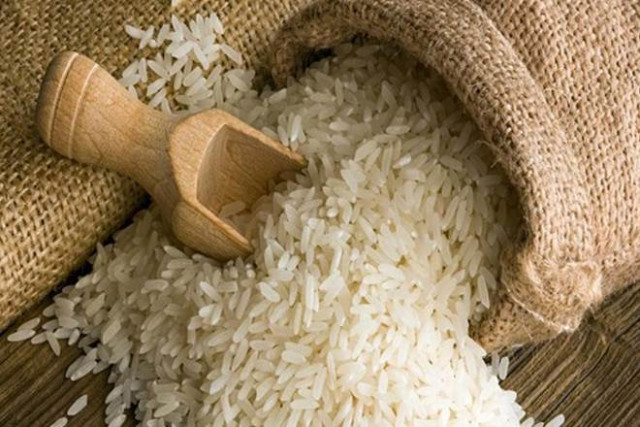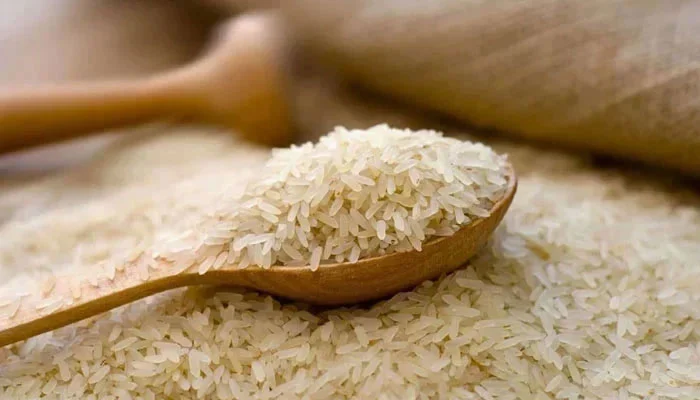Tags
Myanmar to curb white rice exports from Sept 1
Parboiled rice prices may come under pressure

The dry El Nino weather has begun to cast its shadow on the global rice market in a big way with Myanmar now joining India in curbing white rice exports.
Trade sources said Myanmar will begin curbing white rice exports from September 1. “The curbs will continue for 45-60 days until the military junta ruling there is convinced that the cereal’s prices will stabilise,” the sources said.
Myanmar, which accounts for two million tonnes (mt) of white rice exports in the global market, has seen demand increase for its rice after India banned white rice exports on July 20. The curbs are seen as measures to control rising food prices and ensure domestic food security like India has done by banning white rice and wheat exports.
Local prices double
The neighbouring country exported 0.32 mt of white rice between April and July this year, a significant rise historically. This resulted in domestic prices increasing, another reason for the junta to curb shipments.
Local reports said domestic prices of common rice have more than doubled due to lower production in 2022 and difficulties in transportation. The Food and Agricultural Organisation, an arm of the UN, said Myanmar’s rice production declined by eight per cent in 2022.
One of the reasons is that Myanmar’s key paddy-growing regions of Sagaing and Magway — the third and fifth largest producers — are witnessing armed conflicts. This has resulted in many farmers getting internally displaced and they have been unable to return to work on their paddy fields due to fear of landmines and the military troops in some areas.
Indifferent July
According to the Asian Food Security Information System — a project of ASEAN, China, Japan and Korea — planting of wet season rice has been slower this year due to less availability of rainfall and irrigation water — a fallout of the El Nino impact.
In July, Myanmar experienced irregular rainfall and rising temperatures. “It may impact the planting work of the wet season rice,” it said.
Myanmar will fulfill its export obligations and not bar parboiled rice exports, but the curbs will likely heat up the global market further. “Parboiled rice will be under pressure further in view of Myanmar’s curbs since world-over white rice shipments are under curbs,” said S Chandrasekaran, a Delhi-based trade analyst.
India’s ban on rice exports, including last year’s prohibition on broken rice shipments, havs resulted in the cereal’s prices soaring to a 15-year high. However, VR Vidya Sagar, Director, Bulk Logix, said parboiled prices for exports have begun to drop.
Output may rise
“Currently, prices are around $490 a tonne free-on-board (f.o.b),” he said. In comparison, Thailand, India’s main rival in the market, is quoting between $612 and $615 f.o.b. Pakistan, another competitor, has run out of stocks.
Data from Thai Rice Exporters Association show that barring Indian parboiled rice, almost all rice varieties are quoting above $600 a tonne.
According to the FAO’s Agricultural Market Information System, rice production will likely be 523.7 mt in 2023-24 (September-August) against 517.6 mt in 2022-23.
India banned white rice exports to face any supply shortage in view of rains damaging paddy crops in Punjab and Haryana, besides deficient rains affecting the sowing of paddy in Karnataka, West Bengal, Chhattisgarh, Tamil Nadu, and Andhra Pradesh. But Ministry of Agriculture data show that the area under paddy has increased by four per cent during the current kharif season.
Experts are, however, divided on the prospects of production in view of delay in transplantation of paddy.
https://www.thehindubusinessline.com/economy/agri-business/myanmar-to-curb-white-rice-exports-from-sept-1/article67235512.ecePublished Date: August 25, 2023





